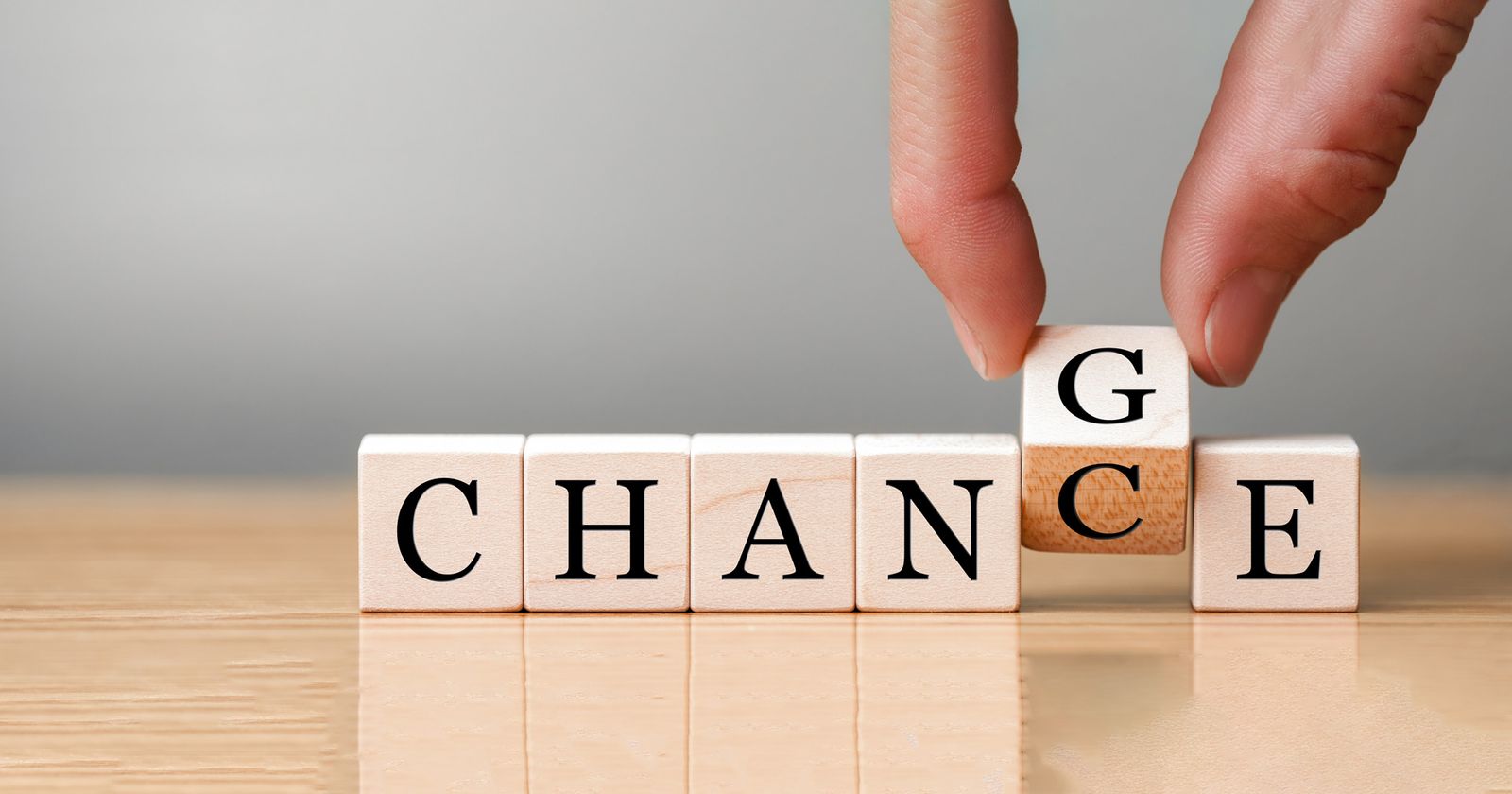I was at the UMass Accepted Student Open House on a bright April morning with my then high-school senior son. As we were walking through the Campus Center, two enthusiastic young women from the admissions office introduced themselves and asked if we wanted our picture taken against the UMASS-bound screen backdrop set up for the event. I wasn’t going to miss that chance with a second generation attending my alma mater. My son Adam was reluctant, but Amanda* from Admissions told Adam he could not deny his mother this extremely proud Facebook-worthy moment with her child. I added a puppy dog face, which worked.
After Amanda took our picture, we started talking with these two women about to graduate in May. They began to reminisce about their four years and their friendship; they were roommates and were sad about their lives going in different directions. Amanda told us about her plans with a big-name consulting firm, and it was clear that she felt excited and confident about her future. Her friend Emily* was smiling but looking away as Amanda was talking. When Amanda finished telling us about her plans, I wanted to include Emily in the conversation. In my desire to do so, I carelessly rushed into the words, “And what are you doing after graduation Emily?”
As the words left my mouth, I already resented them. She confirmed my angst when she responded, “That’s a loaded question,” with a shy smile. I agreed and quickly apologized, heat rising to my face. Emily said that her plans were still taking shape and that she had a couple of possibilities she was considering both personally and professionally. I desperately wanted to reassure her, but I knew I had lost the moment. Adam had left my side, not wanting to associate himself with the Progressive commercial version of his mother.
Why did this conversation make both of us so uncomfortable? I’ll allow you to ponder that for a moment.
Okay, you’re back. I’ll tell you why! We are used to being judged for our choices, especially by the next generation. We evaluate: how is this person managing change? This is the same dilemma when you ask someone about any transition before she knows how to feel about it. It’s when you ask a new business owner how it’s going while they are still learning the market, a career changer who is still evaluating the fit, a college student in their first semester, or a new parent trying to learn what their baby’s cry means. We’re still figuring it out and we don’t want the whole world watching.
Asking about any change is tricky. We are quick to assess the adjustment of others – whether it’s in school, work, grief, or relationships.
If you inquire about someone’s transition, do so if:
- You can be helpful or supportive.
- You can show up in non-judgment.
- You can recognize the vulnerability required to answer a question about a transition.
- You are coming from a place of care and/or love.
In the months since that awkward moment, I’ve often thought about how I wanted to handle the conversation. Should I have said nothing and moved on without engaging her? I still land on no – saying nothing implied I didn’t care or notice that she had become quiet. What I wanted to do was uncover the feeling associated with that quiet as a person that knows how very hard these changes can be. I had no question Emily would find her answers. She exuded kindness, competence, and self-awareness. My intuition told me that this was a student who, much like myself, would need a little bit more time to feel fully confident in her abilities.
Better questions to engage her might have been:
- What did you love about your experience here?
- What gets you excited about life after school?
- What problems do you want to tackle?
- How do you feel about (any aspect of the change)?
- Or an observation. “It’s a big change. It must feel a bit daunting to leave after four great years here.”
The fact is, we have become too invested in our “doing” instead of our “being”. So much of my life has been lived this way, and it’s damn exhausting. Our productivity does not define our worth. Before COVID, we had no opportunity to interrupt the cycle of our busyness to even consider what needs may not have been met. The pandemic introduced a new lens through which many of us began to look at work and life. But we shouldn’t have needed a pandemic to make it happen.
There is a voice of expectation that lives within all of us that was developed over a lifetime of “what do you do” type of questions. As early as age 4, we are asking, “What do you want to be when you grow up?” My question to Emily was born in this societal norm, but it was also in the most sincere desire to cheer her on.
When your intentions are clear, you can worry less about the words you choose. However, the most powerful conversations will be the ones in which you ask yourself to WAIT – Why Am I Talking? Instead, listen without judgment.
*Amanda and Emily are pseudonyms

